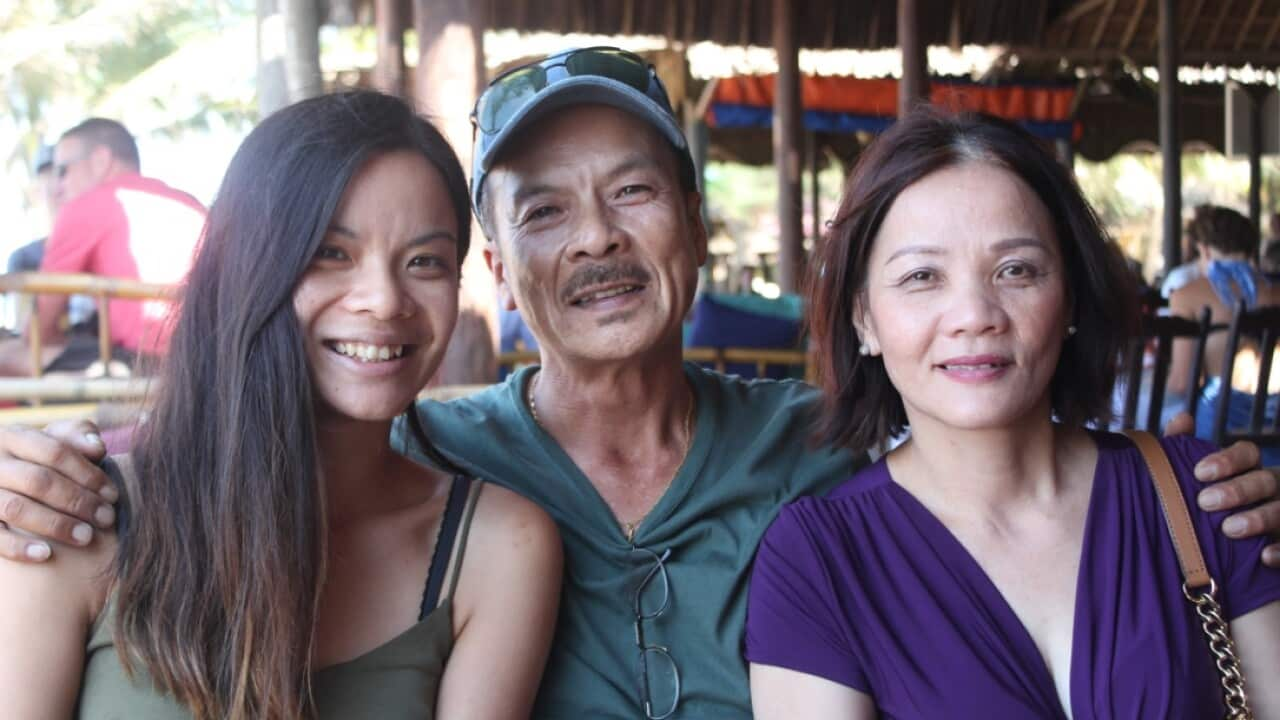As a second-generation Australian born to Vietnamese migrants, I, along with many others, have grown up with the tricky task of having to juggle dual cultures. While in the past I had been quick to point out that I was Australian first and foremost, with Australian habits and an Australian mentality, I now realise just how much my migrant upbringing has impacted my understanding of the world, influencing my habits, values and behaviour.
Here are some of the valuable lessons that I have learned from my own migrant family.
Honesty is the best policy
As soon as I set foot in my parents’ house, I am always guaranteed to be struck with a barrage of stinging remarks: "You’re too skinny. Your skin looks pale. Why are you wearing those ugly shoes?" Far from being unkind, my mother’s comments, albeit brutal at times, come from a good place. They are intended to operate as frank feedback, rather than outright criticisms; they are meant to help, rather than insult. It’s a tough kind of love, but love nonetheless, and I know I can always count on the whole truth and nothing but the truth from my mother, rather than a sugar-coated version of events. At the very least, it has provided me with a thick skin.
Waste not, want not
Recently, when the dishwashing detergent had started to run out, rather than popping down to the shops to purchase another bottle, my mother simply mixed water with the detergent dregs. She did this for a few days before I finally succumbed and announced that I was heading to the supermarket to pick up some detergent (and new sponges for that matter—the current one had seen better days). My mother said not to bother, and she opened the cupboard underneath the sink to reveal ten bottles of detergent hiding in plain sight and more than a few packets of sponges. The lesson? Having the ability to consume is not a reason to waste things unnecessarily.
Always buy in bulk
Having ten bottles of dishwashing detergent in the cupboard is not an unusual occurrence in my parents’ house. Neither is having boxes of toothpaste stacked in the bathroom nor rows of toilet paper piled in the laundry. This leads to the biggest lesson one can learn in relation to saving dollars: always, always, always buy in bulk when a staple household item is on sale in the supermarket. It’s a saving for the future.
Express Yo’self
Big dramatic displays of emotion and talking loudly over each other at the dinner table in order to be heard are the norm in my family. So it was a funny thing to introduce my family to my more reserved Caucasian partner. "Is he sad?" they constantly asked. "No," I assured them, "he just keeps his emotions in check." Growing up in an expressive family has impacted my own communication style and helped me realised that it is okay to feel things, and to vocalise my feelings, rather than internalising them.
It’s on me
The first time I tried to explain the concept of splitting a bill to my parents, I was met with blank stares. And then uncontrollable laughter. "Isn’t that embarrassing?" they whispered. The comical scenario of parents battling to the death to be the one to pay the bill for the whole table is a familiar one for many migrant children. While the theatrics has much to do with saving face, it is also grounded in generosity and the idea that being generous is a virtue to be admired.
Family first
This mantra acts as the linchpin for my core values. The value of community was drilled into me from an early age and I was taught to place an importance on maintaining tight-knit familial bonds. While friends, partners and others we encounter along the way may come and go with the seasons, family is the rock that set the foundations upon which our lives are built.



